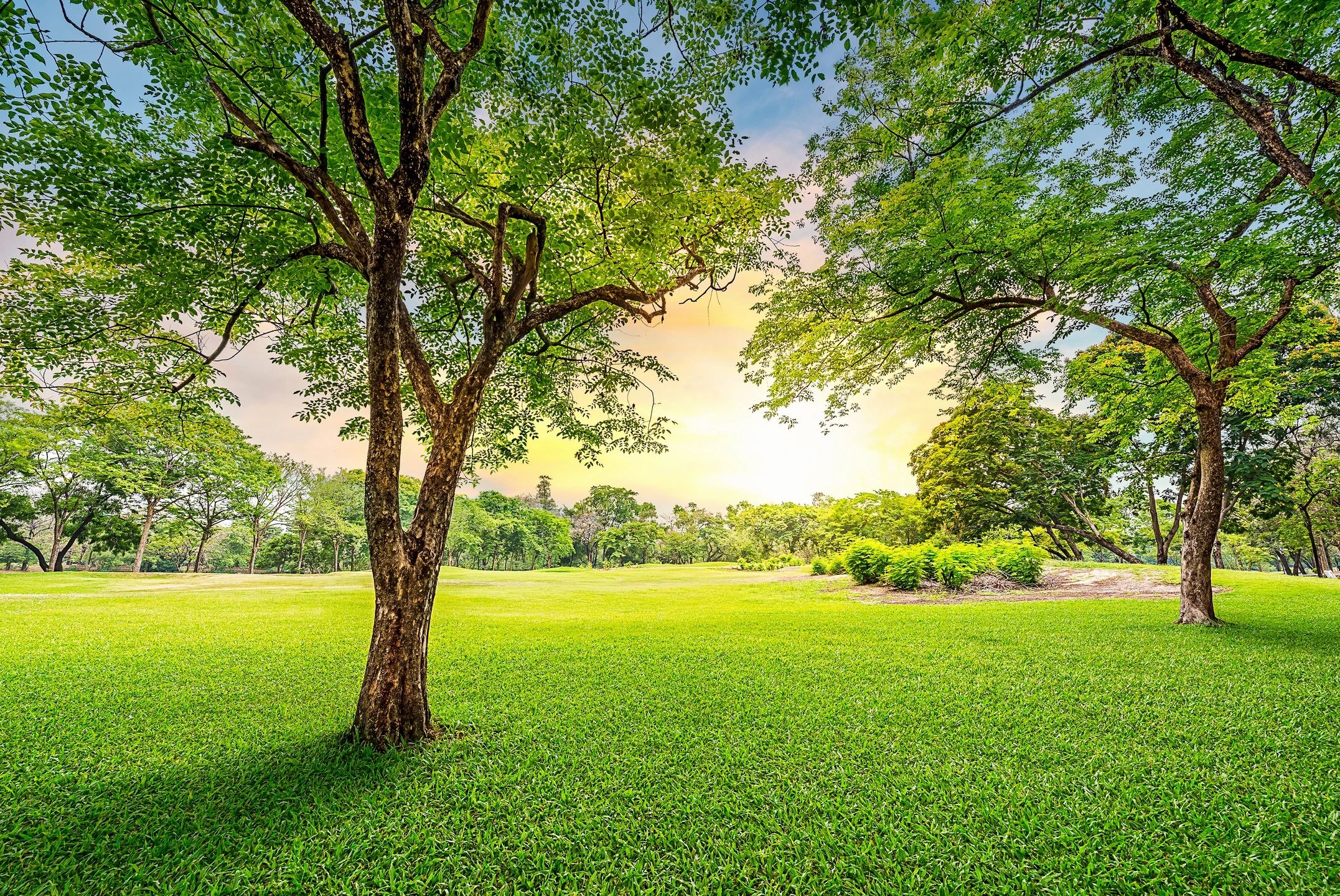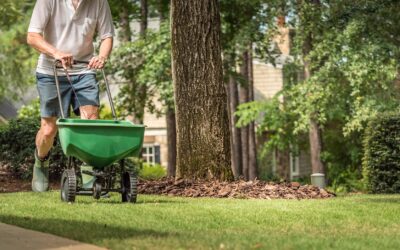Go Native
Washington State is home to over 2,300 native plant species, and we highly recommend that you incorporate them in your yard. Native plants have already adapted to our climate. Not only can they survive our winter and summer months, but they’re better prepared to resist common pests and diseases that are also native to Washington State. They also:
- Need less water
- Require less fertilizer
- Don’t need pesticides
- Offer food, shelter, and pollination opportunities to wildlife
Going native should be organic lawn care 101. They contribute to the health and vitality of our ecosystem and are a must-have in any yard.
Mow Higher and Regularly
While mowing your grass low usually means having to mow less frequently, it’s not good for your lawn. Your grass is in a constant fight with weeds for nutrients and resources. The shorter the grass, the harder the fight.
Keeping your grass between 2.5-3.5” tall and mowing regularly will help your grass win the fight and make photosynthesis easier. During photosynthesis, the grass uses sunlight to feed the roots to strengthen the root system, and thus allowing for more blades to grow. Shorter grass has more difficulty achieving this and, if left untended, you could end up with dead brown patches where grass used to be.
For extra credit, don’t bag up your lawn clippings. Let your soil recycle the clippings instead, converting them into free, natural fertilizer.
Keep a Healthy Lawn by Reducing Chemical Exposure
By practicing organic lawn care, you’ll able to reduce the exposure to chemicals used in your yard. Many lawn care chemicals are safe either way, but this practice further mitigates the risk of endangering your family, pets, and other loved ones. Organic yard maintenance doesn’t require you to avoid your lawn for days at a time after a chemical treatment.
Organic Slow-Release Fertilizers
To help your soil’s ability to hold nutrients and water, you can use organic fertilizers. We recommend using slow-release fertilizers. Instead of your soil absorbing the fertilizer all at once, a slow-release fertilizer releases a small, steady amount of nutrients over time. Not only is this healthier for the soil, but it also helps your grass stay green longer.
Organic Lawn Care: Irrigation Systems
Seattle Public Utilities recommends water deeply to moisten the whole root zone, but also to water less frequently. Our lawns only need about an inch of water a week in the summer – and that includes rain.
Irrigation systems come in two forms: sprinkler and drip. While sprinklers are cheaper and usually more common, drip irrigating systems are better for your lawn because they apply water slowly, directly to the soil itself. Drip irrigation systems require less water, and the water used more intentionally.
This strategy also helps your grass roots to grow deeper into the soil – more so than most weed roots. Then, if weeds may dry out and die during a series of hot summer days, but your grass may still remain alive and healthy.
Final Note
Organic lawn care is healthier, requires less work, and is often cost-effective compared to inorganic alternatives. Go natural next year – if you aren’t already. Your lawn will love you for it.




